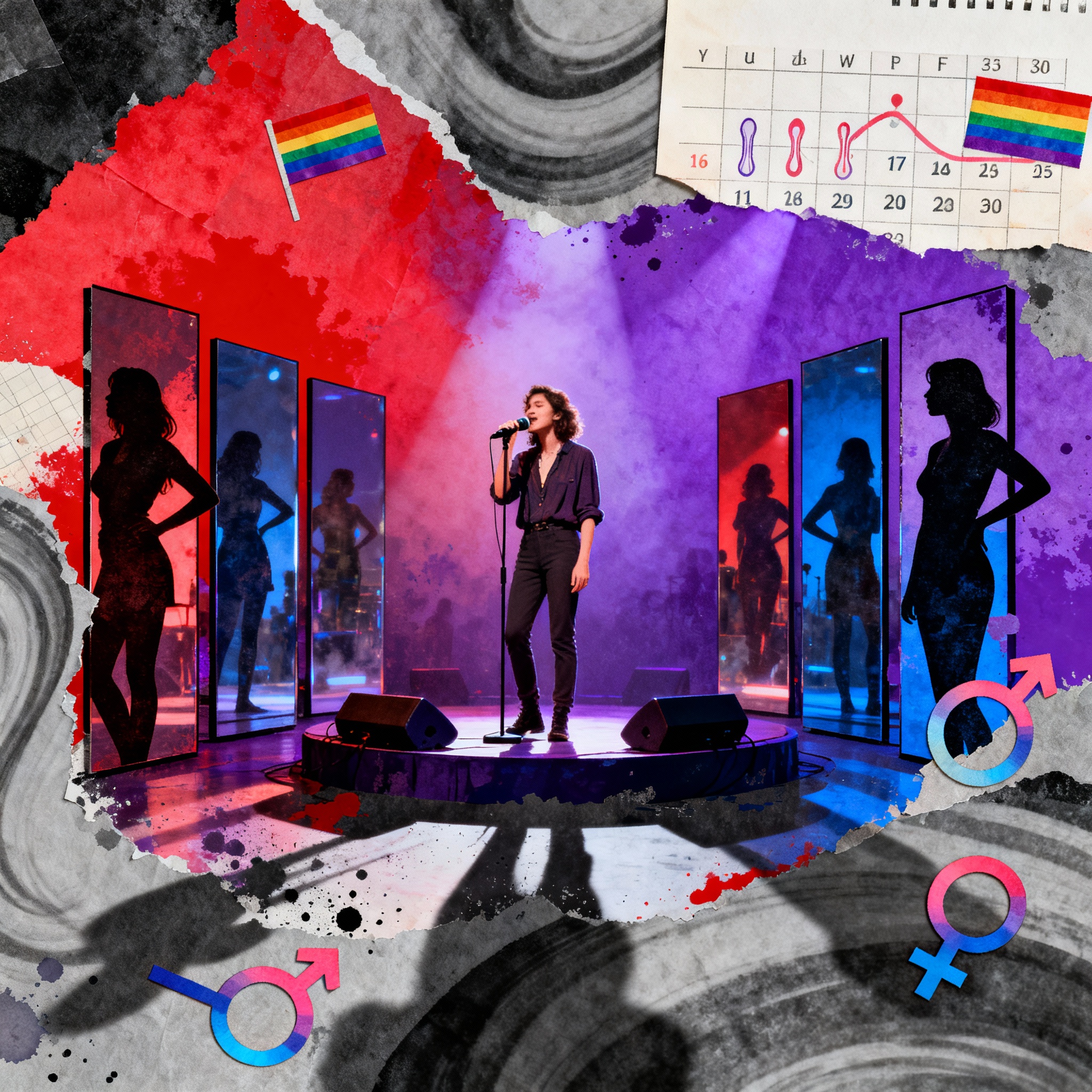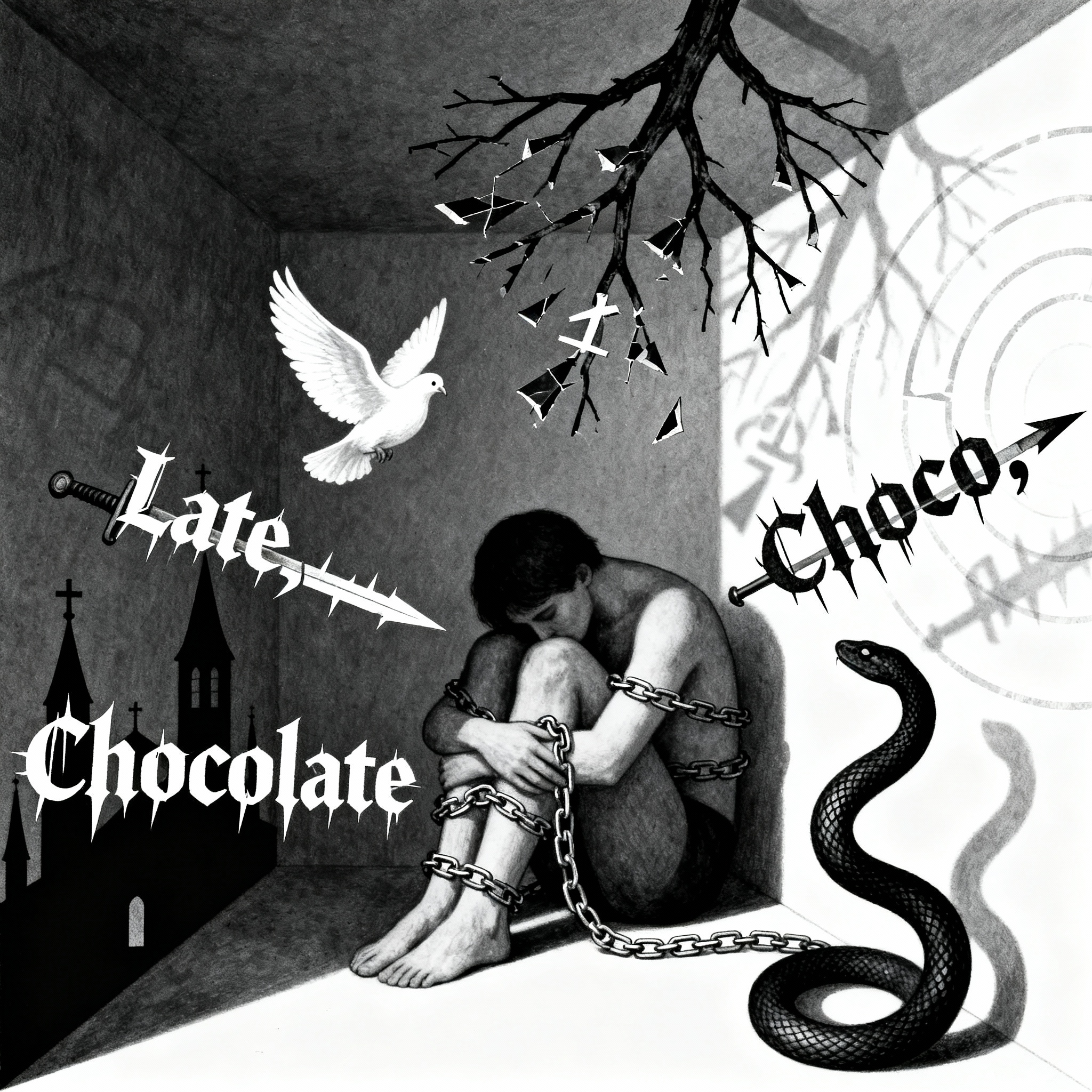Expression:
Dreams centered around expression often reflect the dreamer's emotional state and desire for communication. They can manifest in various forms, such as speaking freely, performing in front of an audience, or engaging in artistic endeavors.
Positive Interpretations: Dreams of expression may signify personal growth, creativity, and self-acceptance. They can reveal the dreamer's confidence in sharing their thoughts and feelings, suggesting a strong connection to their identity and aspirations. These dreams may also indicate a need for release, allowing suppressed emotions to surface in a healthy manner.
Negative Interpretations: Conversely, dreams that depict struggles with expression, such as stuttering, being interrupted, or feeling unheard, may indicate feelings of frustration, anxiety, or a fear of judgment. They could highlight a desire for validation or a belief that the dreamer's voice is not valued. Such dreams may call attention to unresolved emotional issues or social pressures that hinder authentic communication.
Common Themes:
Associated Symbols: A stage, microphone, canvas, open book, or a crowd can represent the act of expression and the desire for connection with others. Additionally, barriers, such as walls or closed doors, may symbolize difficulties in sharing one's voice or emotions.
Cultural Context: Expressions of oneself can vary widely across cultures, and dreams about expression may reflect personal or societal expectations. They could represent the dreamer’s relationship with communication norms in their community or family.
Overall, dreams of expression highlight the importance of voice, creativity, and emotional authenticity, urging the dreamer to explore and embrace their individuality.












